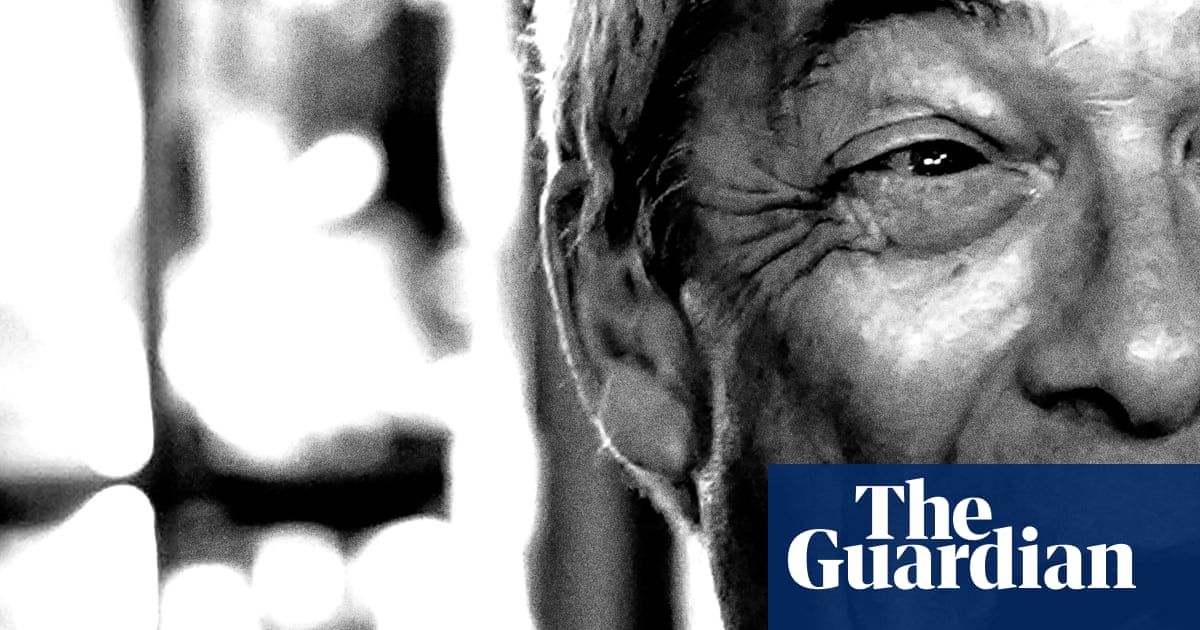It is no surprise that the Shipping Forecast, which turned 100 on New Year’s Day, is one of the cultural touchstones of our times. The weather is our national obsession, after all. Alan Bennett and John Prescott have read it, while poets Seamus Heaney, Sylvia Plath and Carol Ann Duffy have been inspired by it, along with musicians Tears for Fears, Radiohead and Blur. To mark its centenary, BBC Radio 4 devoted a day to celebrate this twice-daily bulletin and its place in the British psyche.
In her diary, in January 1925, Virginia Woolf reported that it was “all gale & flood; these words are exact” over New Year in East Sussex. And so it was a century later. Listening to the familiar refrains – Dogger, Fisher, German Bight – while wind and rain lashed outside, was a warm bath for the soul. Gavin and Stacey’s Ruth Jones read that day’s report as Nessa. But with parts of the country experiencing terrible flooding, it was a reminder of the dangers that led to its creation. This mixture of consolation and distant drama goes to the heart of what has come to be known as “the nation’s lullaby”.
With its own cadence and mystical lexicon, the forecast is a gift for poets. Never more than 380 words long, rooted in fact, yet largely incomprehensible to non-seafarers, it is an “accidental slice of nonsense poetry” as Roger McGough put it. Former poet laureate Carol Ann Duffy’s much-loved sonnet Prayer captures its sense of “faithless” reverence, bringing together the alone and grieving in fleeting moments of ordinariness. “Darkness outside. Inside, the radio’s prayer.”
In our age of constant connectedness yet epidemic loneliness, its early-hours incantations seem more intimate. It speaks of creaking storm lamps and of foghorns, but also of long-distance motorists, strangers under duvets and mothers nursing babies. It is about more than cosy nationalism. It tells us we are not alone.
Blur’s Alex James said the band found it soothing to listen to the Shipping Forecast on tour. The lyrics for This is a Low – “around the Bay of Biscay and back for tea” – were inspired by a piece of wrapping paper James had used on a gift to Damon Albarn for Christmas with a map of the regions on it. By drawing on “the subtle magic” of the Shipping Forecast the song “infuses both the British climate and landscape with a drama as affecting as any surrounding America”, John Harris observed in his book The Last Party. This drama threatens to become scarier. As the weather grows more unpredictable and modern-day tragedies at sea are more common, the forecast takes on a new resonance.
The enduring appeal of the Shipping Forecast rests in its power to transport us out of our own world to become part of a bigger, elemental one. This year’s Booker prize winner, Orbital, set on a spaceship circling Earth, is a similarly hypnotic reminder of our connection to the universe and its natural rhythms.
Bringing poetry, in whatever form we can find it, into our daily lives is a joyful resolution – the novelist Sally Rooney tries to memorise a poem a day. Heading into the stormy waters of 2025, we could replace late-night doomscrolling with this nautical reverie, a moment of calm in a culture that refuses to switch off. It might be moderate or fair, occasionally good, tomorrow.

.png) 3 months ago
39
3 months ago
39













































